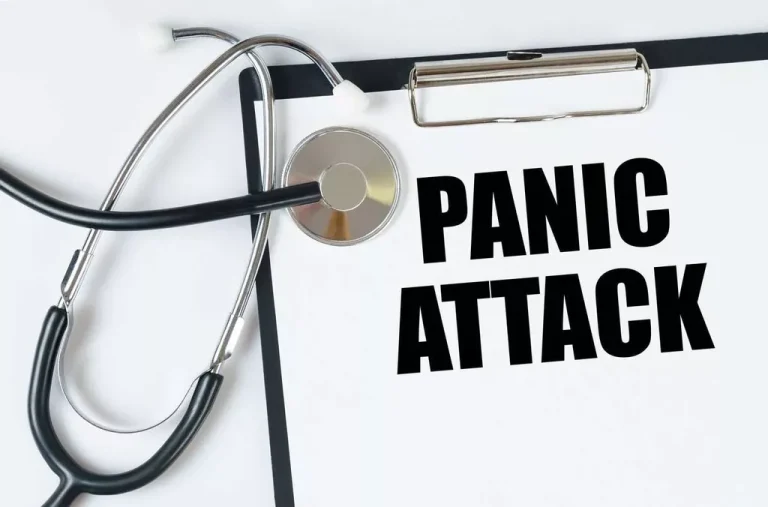
By participating in group therapies and activities in residential, intensive outpatient, or aftercare settings, people can find essential support for their recovery journey. Group therapy can address this issue by focusing on communication skills. Topics include active listening, assertiveness, conflict resolution, and rebuilding trust. Improved communication can help individuals mend relationships damaged by addiction.
- This wisdom is something young people in recovery need—but sometimes, they need support from people their own age, too.
- In this post, we’ll explore what it means to have structure in your life and how to build a daily schedule for recovering addicts.
- Group collage is a collaborative experiential exercise for group therapy where participants work together to create a visual representation of their shared recovery experience.
- They also work to develop their communication skills and learn to engage in fun, healthy social experiences.
- For medical advice please consult your physicians or ChoicePoint’s qualified staff.
A list of possible group therapy activities
- 90 years have passed since Bill and Bob founded AA, and while it’s still easier to stay sober with help, a lot has changed.
- This topic explores strategies for maintaining healthy, supportive relationships that encourage sobriety.
- Many individuals struggling with substance abuse also grapple with conditions like depression, anxiety, or trauma.
- This heightened self-awareness becomes a powerful tool in the recovery process, allowing participants to identify triggers and develop healthier coping mechanisms.
- Exploring emotions and developing emotional intelligence is another crucial aspect of process groups.
Like WFS, She Recovers is specifically built for women, but they use tools like yoga, meditation, and mindfulness to bolster their recovery program. SMART Recovery stands for Self-Management and Recovery Training, and it focuses on giving struggling people practical tools and strategies to overcome addiction. SMART emphasizes personal responsibility and secular principles, and it draws on ideas from cognitive-behavioral therapy and motivational interviewing to address any type of addiction. YPR offers local chapters, life-skills workshops, advocacy projects, and social events, and welcomes all recovery pathways, including people in 12-step programs.
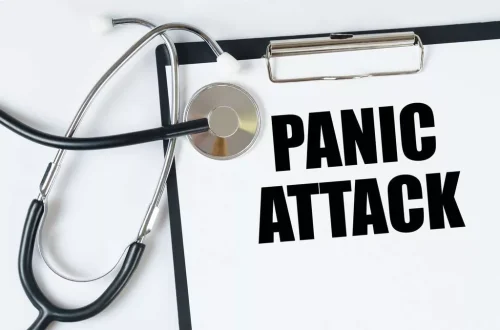
MORE Group Therapy Activities
This discussion covers techniques like journaling, physical exercise, and mindfulness practices to help members cope with stress healthily. Cognitive-behavioral therapy (CBT), a common approach, helps identify negative thought patterns and provides tools for managing cravings. Regular therapy sessions foster self-awareness and provide a safe space for openly discussing the ups and downs of recovery.
Positive Affirmations
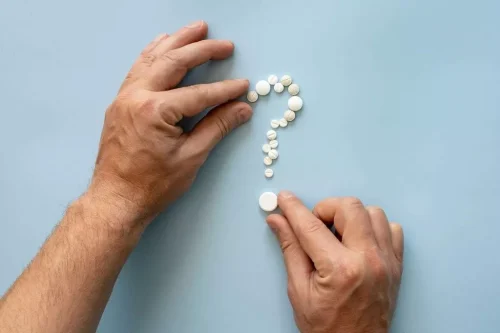
Relapse prevention is crucial in recovery, as many individuals face triggers and stressors. This topic explores strategies for identifying early warning signs and developing a personalized relapse prevention plan. By preparing for potential challenges, members can feel more secure in their sobriety. Many people in recovery have faced trauma, which can be a driving force behind substance use. This topic provides a safe space to discuss the impact of trauma on addiction and explore ways to process it healthily. In group therapy, individuals often form strong relationships that extend beyond the therapy room.
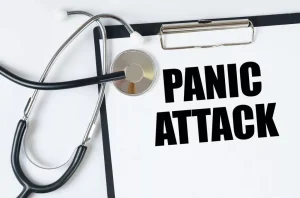
How does Two Dreams use group therapy in addiction treatment?
In a substance abuse group, members can discuss their triggers along with coping skills they have found useful. The more you learn about triggers and how to manage them, the easier it is to maintain your recovery. Empathy strengthens connections by helping individuals understand others’ experiences and feelings. This topic includes role-playing exercises that allow members to practice empathy and see situations from different perspectives, which can improve relationships and communication. Positive affirmations help build self-esteem and resilience by reinforcing positive beliefs.
Filling balloons with sand or rice, members can carry these stress balls as reminders of their ability to manage anxiety and stress without relying on substances. After playing with them, transition into a discussion about the fallibility of our senses and point of view. Talk about how differently people perceive things based on who they are and the situation at hand. Draw or paint a picture of something in nature that has found a way to thrive in a harsh environment, such as a cactus in the desert, or tree roots bursting up from a sidewalk. Talk about your own resilience in the face of challenges, and how you might learn to be more resilient in the future.
At The Discovery House, we believe in the power of group therapy to drive lasting change. If you or a loved one is struggling with addiction, contact us today to learn how our group therapy programs can support your journey to recovery. Below is a list of therapy topics and themes that may be used during group therapy for substance use disorders.
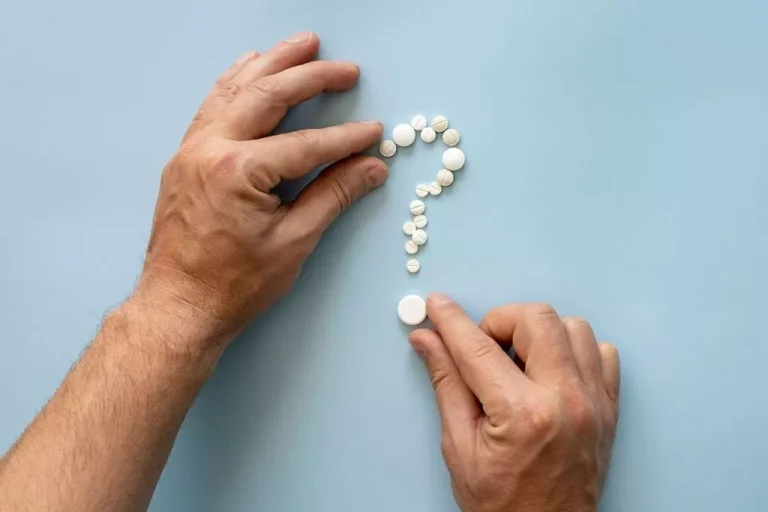
Recovery Support, But Not Religious
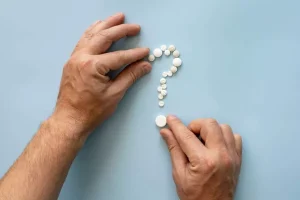
A significant benefit of group therapy for addiction is the accountability it fosters. Regularly attending group sessions helps individuals stay on track with their recovery goals, as group members encourage each other to remain committed to sobriety. The group provides a structured environment where members are held accountable for their actions, helping them resist temptations and avoid relapse.
However, by discussing potential triggers and developing personalized prevention plans, individuals can better prepare themselves for the challenges ahead. These sessions often include role-playing exercises, allowing participants to practice responses to high-risk situations in a safe environment. Groups group ideas for addiction recovery are lead by a trained group leader who prompts discussion and encourages everyone to participate. Other than gently guiding conversation, the group leader is responsible for picking up on client issues that reoccur in group therapy and in daily life.